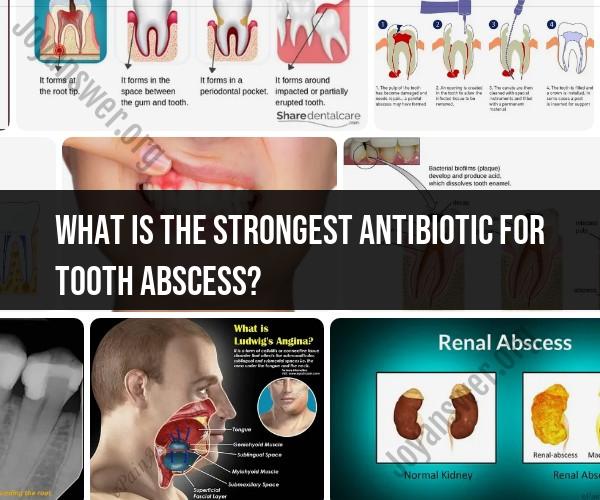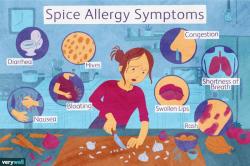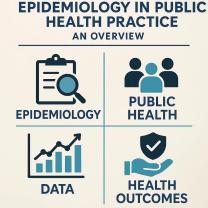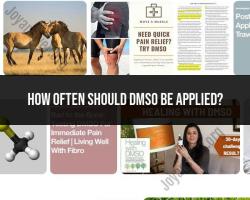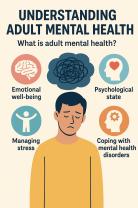What is the strongest antibiotic for tooth abscess?
The choice of antibiotics for a tooth abscess depends on various factors, including the severity of the infection, the type of bacteria causing the abscess, and any allergies or sensitivities the patient may have. Dentists and healthcare professionals typically select antibiotics that are effective against the most common bacteria associated with dental abscesses. Here are some common antibiotics that may be prescribed for a tooth abscess, though it's important to note that the term "strongest" can be subjective and depends on the specific situation:
Penicillin: Penicillin and its derivatives, such as amoxicillin, are often the first-choice antibiotics for dental abscesses. They are effective against many types of bacteria commonly found in oral infections. Amoxicillin is frequently prescribed due to its broad spectrum of activity.
Clindamycin: Clindamycin is another antibiotic that is commonly used for dental infections, including abscesses. It is effective against a wide range of bacteria, including some that may be resistant to penicillin-type antibiotics.
Metronidazole: Metronidazole is often used in combination with other antibiotics, especially if the infection involves anaerobic bacteria. It can be effective against certain types of bacteria that are common in dental abscesses.
Augmentin (Amoxicillin/Clavulanate): This combination antibiotic contains amoxicillin and clavulanate, which helps enhance its effectiveness against bacteria that may have developed resistance to amoxicillin alone.
Cephalosporins: Cephalosporin antibiotics, such as cephalexin, are sometimes prescribed for dental abscesses, particularly in cases of penicillin allergy.
Azithromycin: Azithromycin may be used in cases where other antibiotics are not suitable or as a follow-up treatment.
The choice of antibiotic and dosage will be determined by the dentist or healthcare provider based on the patient's individual circumstances and the specific bacteria causing the infection. It's crucial to follow the prescribed antibiotic regimen exactly as directed, even if symptoms improve before completing the full course of antibiotics. Failure to finish the antibiotics as prescribed can allow bacteria to survive and potentially develop resistance.
Additionally, if you suspect you have a tooth abscess or are experiencing dental pain and swelling, it's essential to seek professional dental care promptly. While antibiotics can help control the infection, definitive treatment often involves dental procedures such as drainage, root canal therapy, or tooth extraction, which should be performed by a dentist to address the underlying issue. Antibiotics alone are not a long-term solution for tooth abscesses; they are typically used as part of a comprehensive treatment plan.
The most potent antibiotics for tooth abscess treatment are those that are effective against a wide range of bacteria, including those that are commonly found in the mouth. These antibiotics include:
- Amoxicillin
- Clindamycin
- Metronidazole
- Penicillin
Your dentist will choose the best antibiotic for you based on a number of factors, including the severity of the infection, your medical history, and any allergies you may have.
In some cases, a combination of antibiotics may be prescribed. This is often done when the dentist is unsure of the specific type of bacteria causing the infection, or when the infection is severe.
Antibiotics are typically prescribed for 7-10 days. It is important to take the full course of antibiotics, even if you start to feel better before the end of the course. This will help to ensure that the infection is completely cleared.
Here are some tips for taking antibiotics effectively:
- Take the antibiotics at the same time each day.
- Take the antibiotics with food to avoid stomach upset.
- Finish the entire course of antibiotics, even if you start to feel better.
- If you experience any side effects from the antibiotics, contact your doctor or dentist.
It is also important to note that antibiotics are not a cure-all for tooth abscesses. In addition to antibiotics, your dentist may also recommend other treatments, such as draining the abscess, root canal therapy, or tooth extraction.
If you have a tooth abscess, it is important to see a dentist right away so that they can properly diagnose the infection and recommend the best course of treatment.
